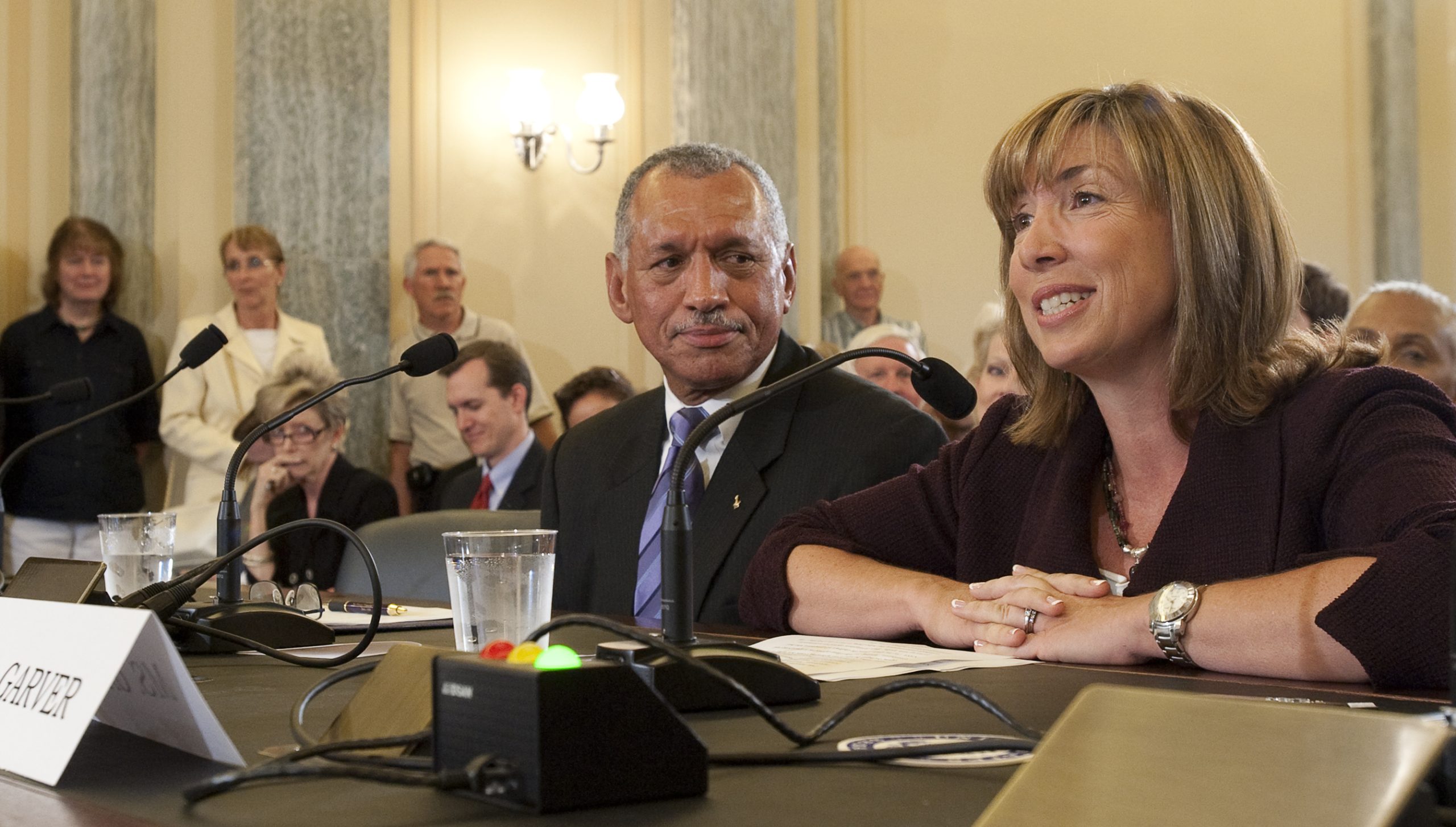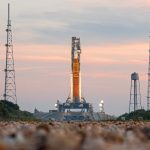Former NASA Deputy Administrator Lori Garver published a book earlier this year, Escaping Gravity, that tells the tale of her nearly three decades in US space policy.
Garver played an important and at times controversial role in the history of NASA over the last 15 years, having served as leader of President Obama's transition team on space issues in late 2008 and early 2009, and later as deputy administrator for the space agency until 2013.
At NASA she had a strained relationship with the agency's administrator, Charlie Bolden. Garver pushed for substantial change at the behest of the Obama administration and more investment in the commercial space industry; whereas, Bolden was more supportive of traditional space and represented the views of many people at NASA at the time resistant to change. Bolden and his allies won the battle, ensuring NASA's development of the Space Launch System rocket.
Her book is especially timely, given the anticipated first launch of the SLS rocket on Monday. This is because a lot of her story focuses on the politics surrounding the creation of the large rocket, and one of the book's main antagonists is Bill Nelson, the former Florida senator who is now NASA's administrator and was the rocket's legislative champion.
I spoke with Garver this week about the upcoming launch of the SLS rocket. Here's an edited version of our conversation:
Ars: It has been a long road for NASA to reach this launch. Given all that you’ve experienced, how do you feel about the upcoming Artemis 1 mission?
Garver: I'm nervous about the launch. I want it to go well because all of these people have worked on it. I want them to feel good about their contribution. NASA is gonna get just a ton of visibility. But I do think that as the public starts paying attention, they're going to have a lot of questions. So far, I don't think people beyond our community really know what's happening.



 Loading comments...
Loading comments...
